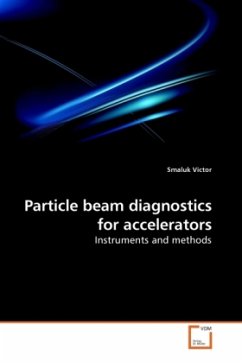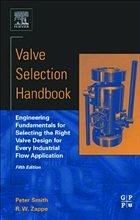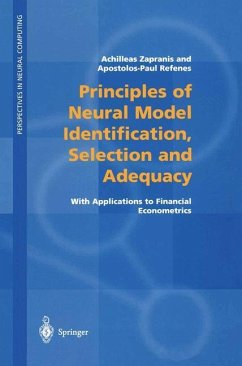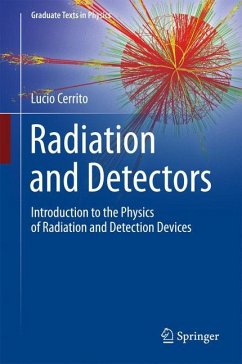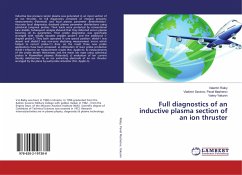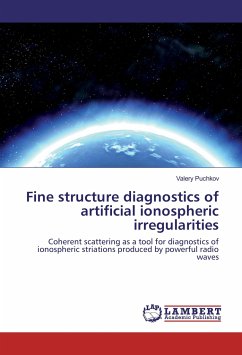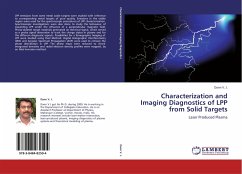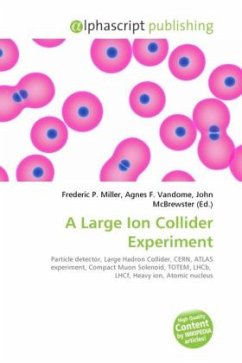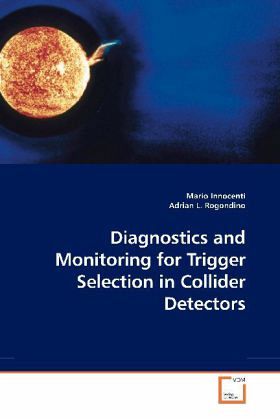
Diagnostics and Monitoring for Trigger Selection in Collider Detectors
Versandkostenfrei!
Versandfertig in 6-10 Tagen
32,99 €
inkl. MwSt.

PAYBACK Punkte
16 °P sammeln!
The Collider Detector at Fermilab (CDF) is a general purpose experiment for the study of collisions at the Tevatron Collider, located in Batavia, IL USA.The detectors observe the collisions taking place at their centers and record all the available information for later analysis. Since the collision rate is much higher (7.6 MHz) than the rate at which data can be stored on tape (~100Hz), a particularly difficult task at CDF is the selection of interesting events that are to be recorded permanently. This task is performed by the "Trigger". Even though the CDF trigger is the most powerful existi...
The Collider Detector at Fermilab (CDF) is a general purpose experiment for the study of collisions at the Tevatron Collider, located in Batavia, IL USA.The detectors observe the collisions taking place at their centers and record all the available information for later analysis. Since the collision rate is much higher (7.6 MHz) than the rate at which data can be stored on tape (~100Hz), a particularly difficult task at CDF is the selection of interesting events that are to be recorded permanently. This task is performed by the "Trigger". Even though the CDF trigger is the most powerful existing today, it needs continuous upgrades since the Tevatron working conditions become each day more demanding, requiring more powerful processing units. The monograph describes an important upgrade (performed in the year 2007) that allows the CDF experiment to be more competitive in the search for the Higgs particle. This upgrade achieves supercomputer-class performance using a mixture of technologies applied to different parts of the CDF detector. The system was designed, approved, produced, tested and installed six months after the approval.



